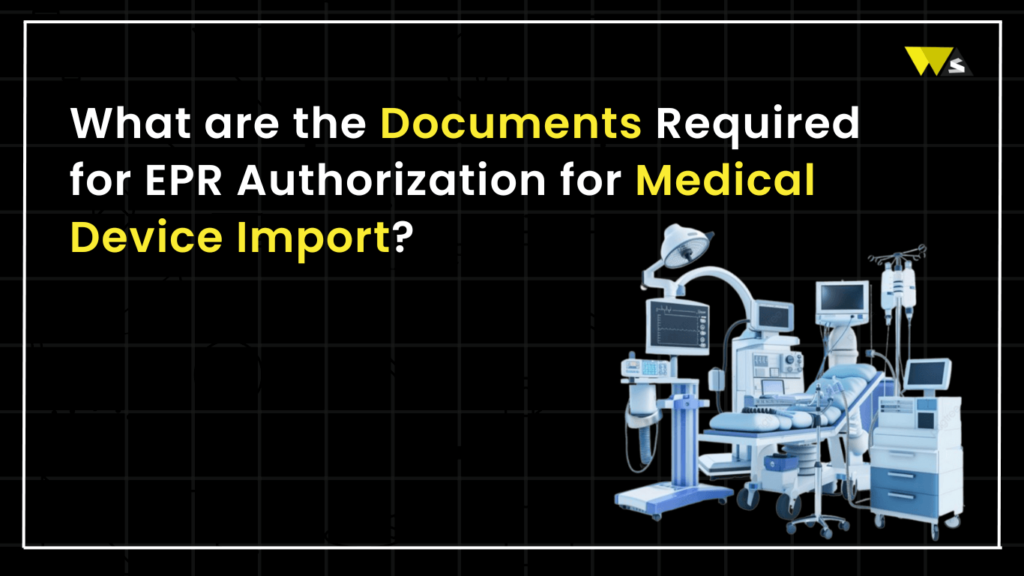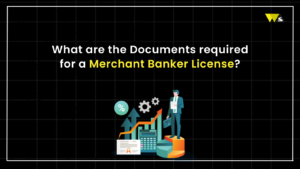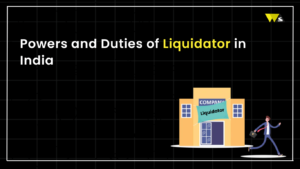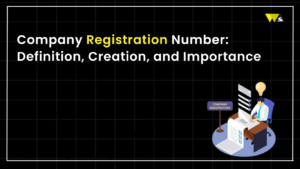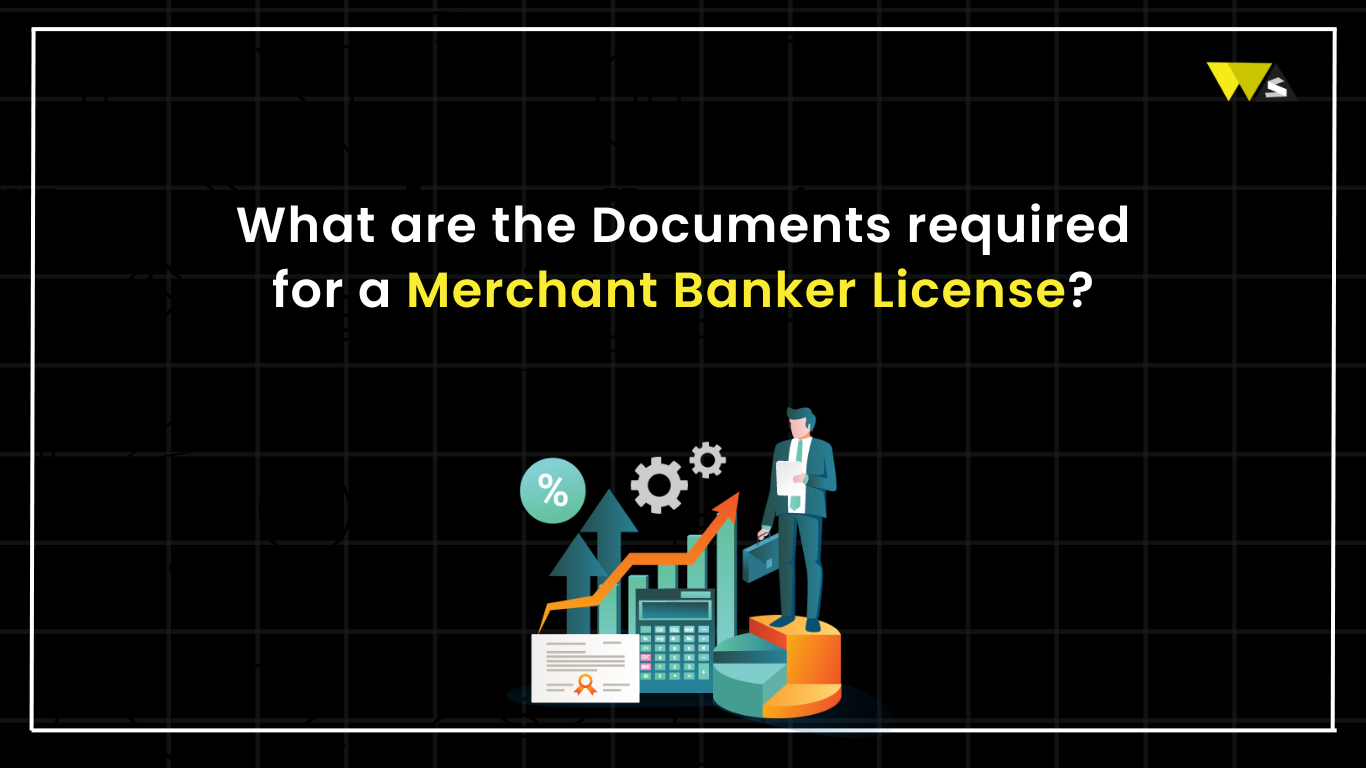The Extended Producer Responsibility (EPR) authorization is an important regulatory criterion for medical device importers in different countries. It provides the accountability for a manufacturer or an importer in connection to the proper disposal and recycling of medical products that are provided to the concerned market. Therefore, we must know the procedure and the documents required for EPR authorization for medical device import.
Since the severity has been growing faster due to the country’s growing population, unmanaged waste has now become a worry for the Indian government. If we look at the facts on waste generated, we will see that electronic equipment and discarded plastic are seen more in the waste products. And with consumers becoming more interested in electronic products, especially in the emergency of COVID-19 and the recent lockdowns, this is only believed to increase in the future. EPR (Extended Producer Responsibility) is one of the initiatives and policies the Indian government has implemented in the present date is an effort to improve the improper condition of waste management in the health care sector.
What is EPR Authorization?
- The electronic manufacturers are mandated to manage electronic waste in an environmentally accepted way; they receive the Indian EPR Certificate or Authorization, mostly called as an E-Waste Management license.
- The Central Pollution Control Board (CPCB) issues the authorizations and it also mentions that the manufacturers and the importers will have full responsibility for their products all though their operational cycle, including disposal and recycling.
Importance of EPR Authorization
- The Extended Producer Responsibility (EPR) is a legislative framework that shifts financial responsibility for waste disposal from local governments to plastic package manufacturers.
- In India, a National EPR system should work to motivate or encourage the package designers to create recyclable or reusable products, allocate funding for recycling, and introduce efficiency for the stakeholder programs.
- This tactic encourages methods to reduce the environmental impact of products.
- The EPR streamlines recycling processes while ensuring customer access to recycling and equity in following the process.
Documents Required for EPR Authorization for Medical Device Import
To get the EPR Authorization for Medical Device Import, the important documents that are required are as follows:
For Sole Proprietors, Partnership Firms, and OPCs (One Person Companies) and LLPs (Limited Liability Partnerships):
- Certificate of Registration of GST
- The Directorate General of Foreign Trade (DGFT) issues the Importer Exporter Code (IEC), MoCI
- A lease or rent agreement serving as evidence of the business facility’s ownership
- An Excel sheet with details on imported goods
- A sole proprietor or authorized signatory KYC
For Private and Public Limited Company:
- Each of the aforementioned documents.
- The Company’s Memorandum of Association
- The Registrar of Companies’ Incorporated Certificate
- PAN for Business
- The Declaration of the Board for Authorized Signatories
Additional Documents:
- The EPR plan shall include the particulars of the channelization system for e-waste directed towards collection.
- Self-declaration confirming compliance with the restriction of hazardous substances (RoHS).
- Documentation of contracts with recyclers, dismantlers, TSDFs, etc.
- Declaration on the technical papers’ availability in accordance with EN 50581 of EU.
- A self-attested authorization document of the recyclers’ or dismantlers’.
- List of manufacturers who are in direct connection with the recyclers and dismantlers, together with the manufacturer’s collecting goal.
EPR Authorization for Medical Device Import Process
- Step 1: You must verify that you have all documents necessary for an EPR registration, as mentioned above.
- Step 2: You must go to the Central Pollution Control Board’s website to get FORM 1 to be filled according to the E-waste management rules for timely submission of EPR authorization.
- Step 3: You should fill out all the necessary information and attach the corresponding documents.
- Step 4: Thereafter, the application and application fee should be submitted to the requisite authority.
- Step 5: All information and documents submitted shall be analyzed and checked by the Central Pollution Control Board. The candidates will be given 25 days to rectify the mistakes they have made in filing the application.
- Step 6: Following the submission of the application pertaining to EPR authorization, the applicant company shall have 120 days waiting for replies from the CPCB.
- Step 7: The CPCB may reject the EPR authorization for the applicant should the applicant or candidate fail to mention all information as per requirements within 45 days from receipt of the letter from the CPCB or the status update on the CPCB website.
Before the CPCB takes up the case for rejecting the authorization of the EPR, the applicant will get a chance to be heard within a month of the application being returned (by mail or through online).
Note: The CPCB has the authority to reject the EPR authorization whenever it sees fit if it finds that a company is not following the rules and guidelines of the Environment Protection Act (1986) & the E-waste Management Rules (2016). A notice advising the business entity of the suspension will be given within 25 days of it occurring. In this scenario, the CPCB needs to provide the company an opportunity to argue against the suspension.
Conclusion
EPR authorization is the must-have license for the import of medical devices in India. This is done in an effort to ensure compliance with environmental laws, primarily related to how to tackle and deal with waste produced by the plastic and electric parts of medical devices. The importers need to submit the complete set of documents that are required to obtain EPR authorization from the Central Pollution Control Board (CPCB).
Preparation of proper documents ensures a smooth and expeditious process for EPR authorization applications. With India’s environmental protection objectives, it also indicates the dedication of the importer for managing wastes from healthcare sectors. While obtaining EPR authorization is legally mandated, it also helps to promote public health and environmental standards towards ethical business conduct.
To build a sustainable environment, importers must have an EPR authorization. The process to get an EPR Certification is made much simpler and more efficient by the direction and guidance that a trustworthy organization like Whizseed can provide.

